 /
Resettlement & Other Pathways to Safety / Resettlement
/
Resettlement & Other Pathways to Safety / Resettlement
For many refugees, the ability to return home or safely remain in the country to which they’ve fled is not an option.
Through resettlement, refugees are able to move to a new country that has agreed to welcome them and grant them permanent residence. It is an important protection tool and durable solution that has directly saved millions of lives.
RefugePoint directly helps refugees, especially those who live with particular vulnerabilities or face life-threatening situations, to permanently relocate to safe countries through resettlement. We also promote equitable access to resettlement for refugees around the world, especially in host countries where there has been little to no access to resettlement in the past.
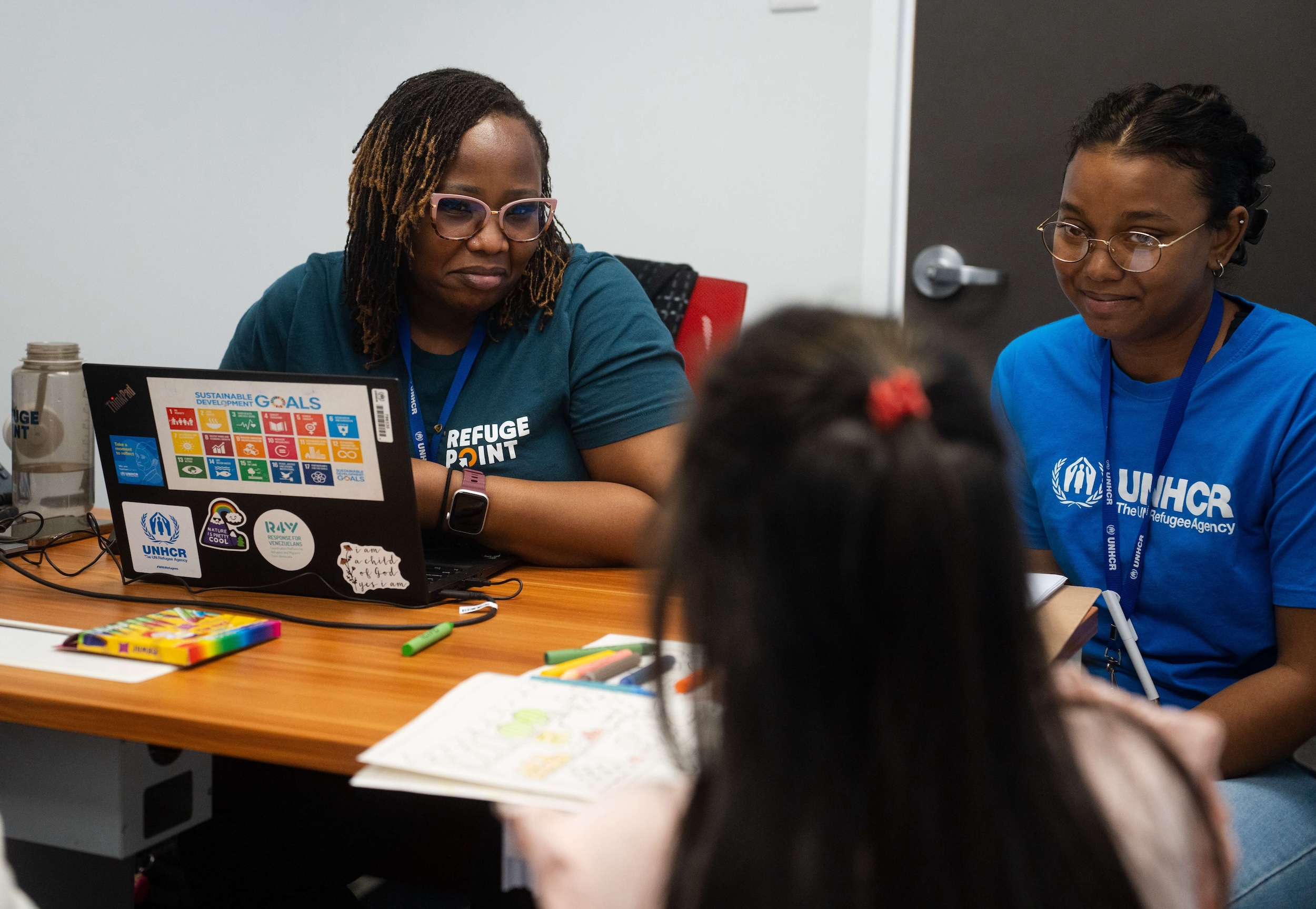

RefugePoint uses three tactics to expand access to resettlement for refugees: direct services, field-building and systems change.
Providing direct support to refugees.
We refer refugees for resettlement through our Urban Refugee Protection Program (URPP) in Nairobi, as well as through a partnership with the United Nations High Commissioner for Refugees (UNHCR) called the UN Collaboration Project (UNCP). Through the UNCP, our expert resettlement staff support resettlement operations in UNHCR offices globally. These staff interview refugees and document the stories of persecution they faced in their home countries as well as their experiences living in the host country, and refer them to governments for resettlement consideration.
Supporting other organizations to expand programs to reach more refugees.
Through the US-funded NGO Referrals Project (led by the Equitable Resettlement Access Consortium), we work in partnership with other Non-Governmental Organizations (NGOs) to expand NGO capacity globally to make resettlement referrals to the US Refugee Admissions Program. RefugePoint’s resettlement program includes a focus on field building through conducting training and mentoring for UN and NGO partners, quality review, and other activities such as monitoring and evaluating existing resettlement systems. RefugePoint Experts are routinely involved in developing resources—including referral forms, standard operating procedures, case tracking mechanisms, and more—to ensure that refugees in need of resettlement are promptly identified and able to access resettlement. Through these services, in addition to our direct casework and resettlement referrals, RefugePoint’s work allows several thousand more refugees to be considered for resettlement each year.
Influencing policy and decision-makers to drive large-scale change.
RefugePoint also plays a leading role in shaping global resettlement policy. We actively work to reach locations and refugee populations overlooked by the global resettlement system and play a leading role in shaping global resettlement policy.
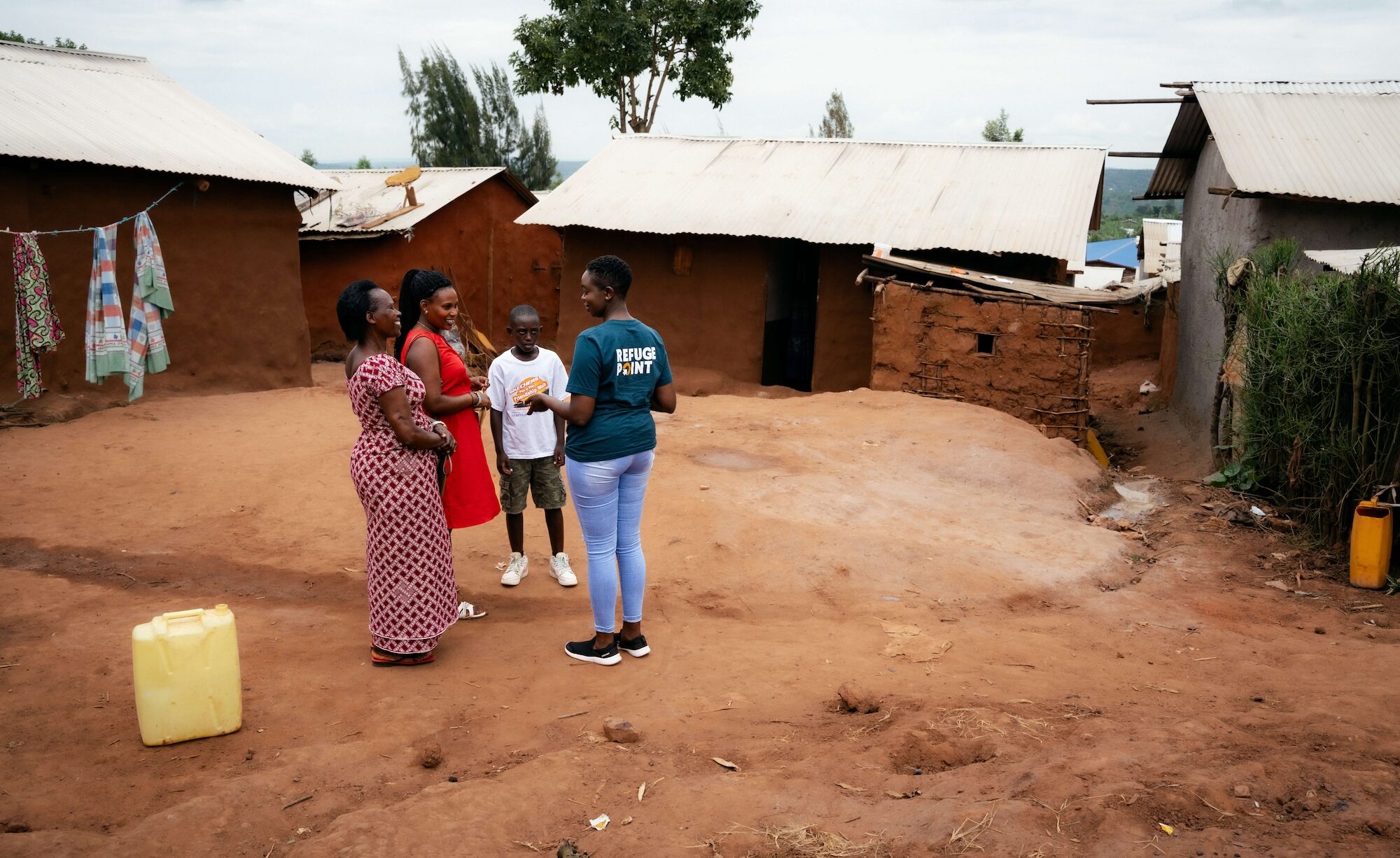
We refer refugees for resettlement through our Urban Refugee Protection Program (URPP) in Nairobi, as well as through a partnership with the United Nations High Commissioner for Refugees (UNHCR) called the UN Collaboration Project (UNCP). Through the UNCP, our expert resettlement staff support resettlement operations in UNHCR offices globally. These staff interview refugees and document the stories of persecution they faced in their home countries as well as their experiences living in the host country, and refer them to governments for resettlement consideration.
Through the US-funded NGO Referrals Project (led by the Equitable Resettlement Access Consortium), we work in partnership with other Non-Governmental Organizations (NGOs) to expand NGO capacity globally to make resettlement referrals to the US Refugee Admissions Program. RefugePoint’s resettlement program includes a focus on field building through conducting training and mentoring for UN and NGO partners, quality review, and other activities such as monitoring and evaluating existing resettlement systems. RefugePoint Experts are routinely involved in developing resources—including referral forms, standard operating procedures, case tracking mechanisms, and more—to ensure that refugees in need of resettlement are promptly identified and able to access resettlement. Through these services, in addition to our direct casework and resettlement referrals, RefugePoint’s work allows several thousand more refugees to be considered for resettlement each year.
RefugePoint also plays a leading role in shaping global resettlement policy. We actively work to reach locations and refugee populations overlooked by the global resettlement system and play a leading role in shaping global resettlement policy.
We work to increase access to resettlement for refugees through these two programs:
We deploy staff to UNHCR and partner operations around the world to assist with the identification, screening, and processing of refugees who may be eligible for resettlement.
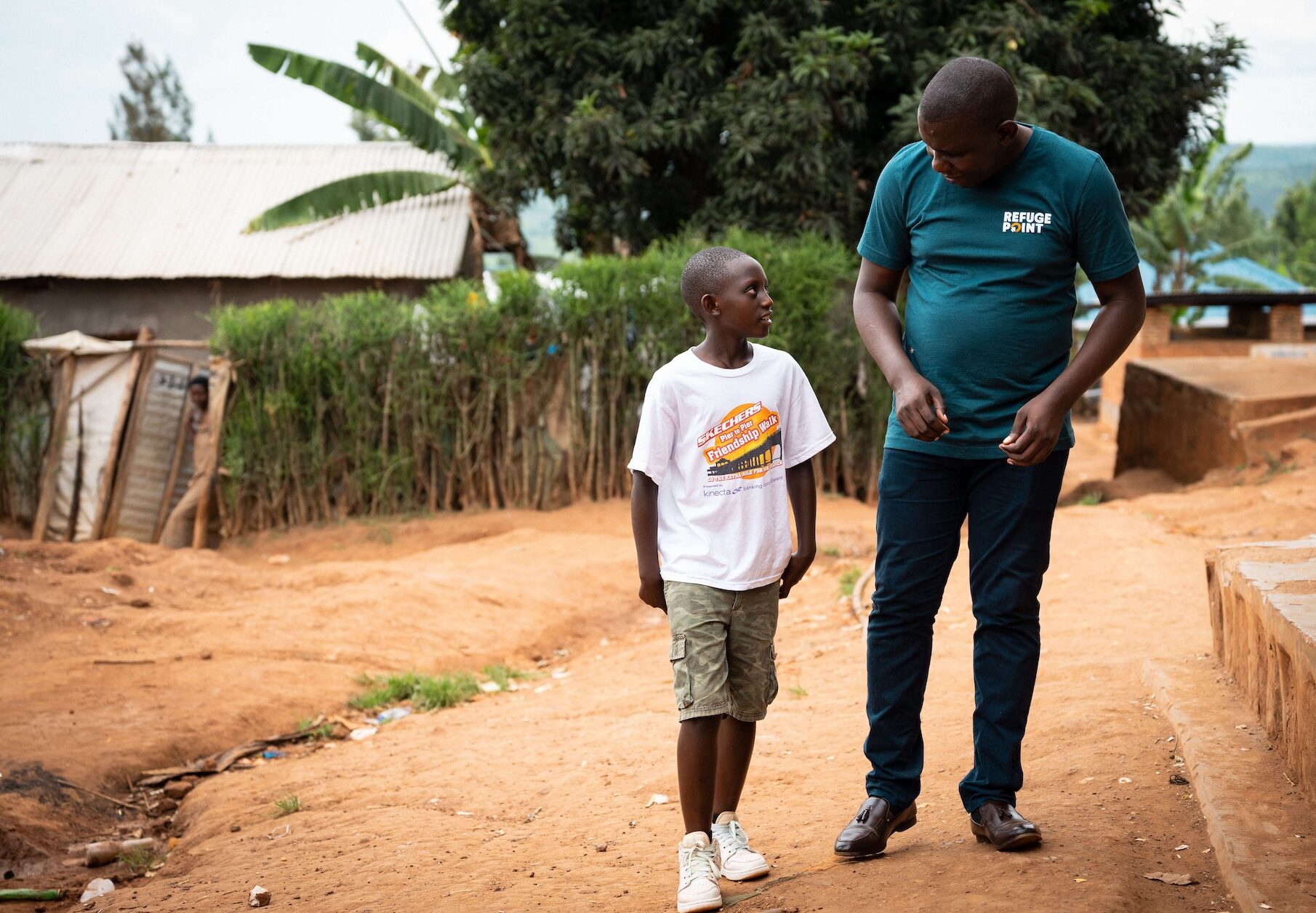
Hear directly from the people we help to access resettlement as a lasting solution.
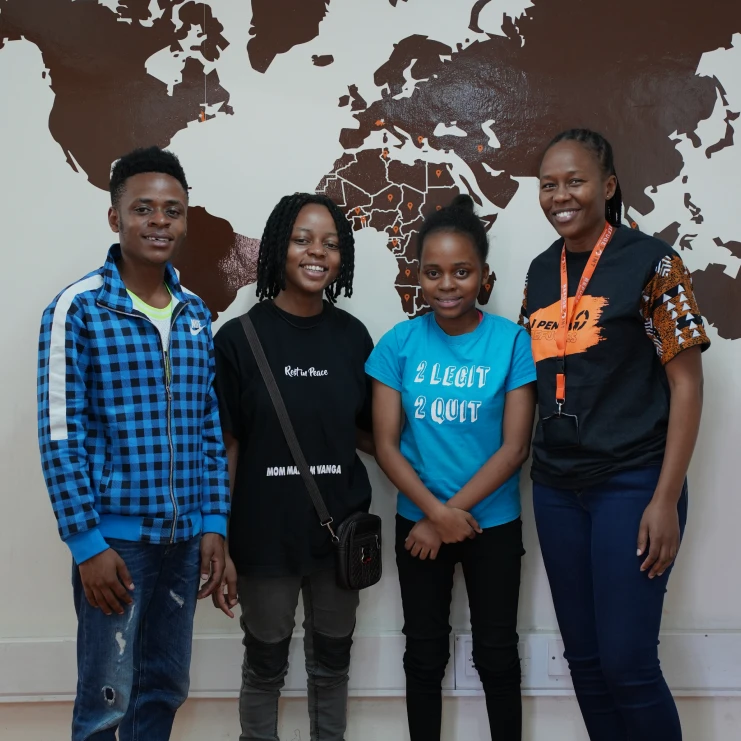

“This opportunity is a big one for us. There are so many people searching for this opportunity. Life was not easy. Working as a hairdresser to provide for my siblings was tough. I would often wonder: What is their future? What is our future? But this resettlement means a lot to us.”
Henry, Daniella, and Prisca
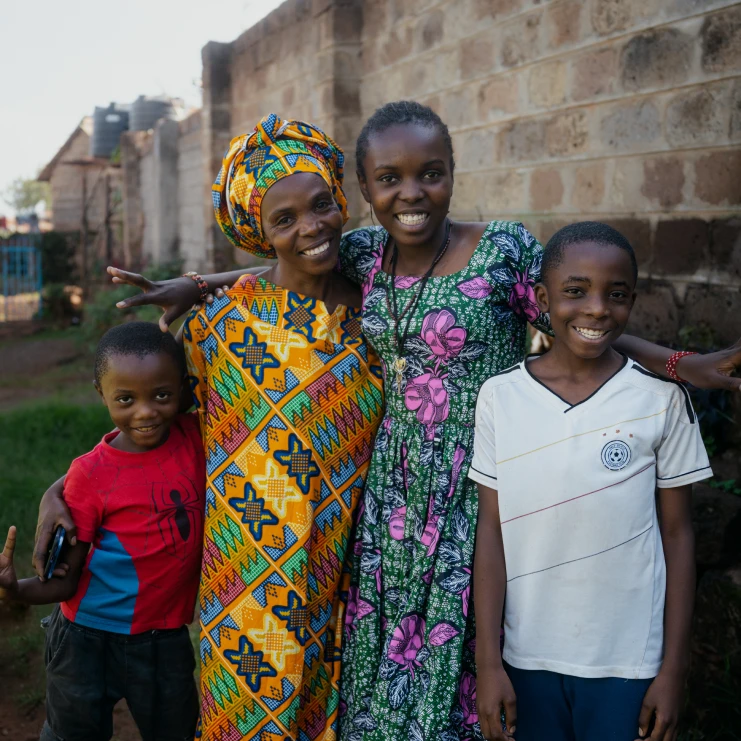

“I know my life will be very different when I get there. I will get medication, and I will be healed. My children will study well, and the future of my children will be good.”
Wivne
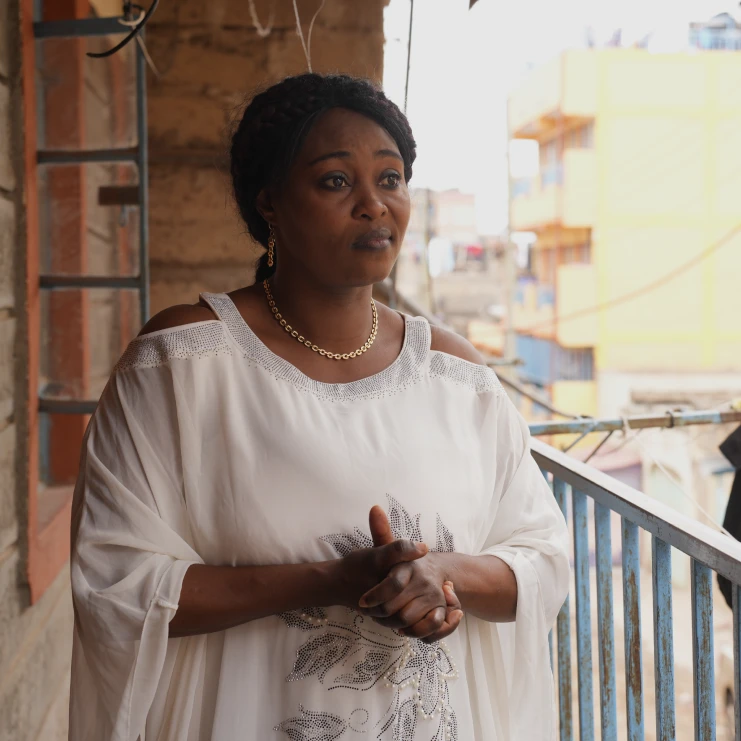

“My children feel good, and they have been okay. They know their life is about to change. They know their life will be different when they get to America.”
Beatrice
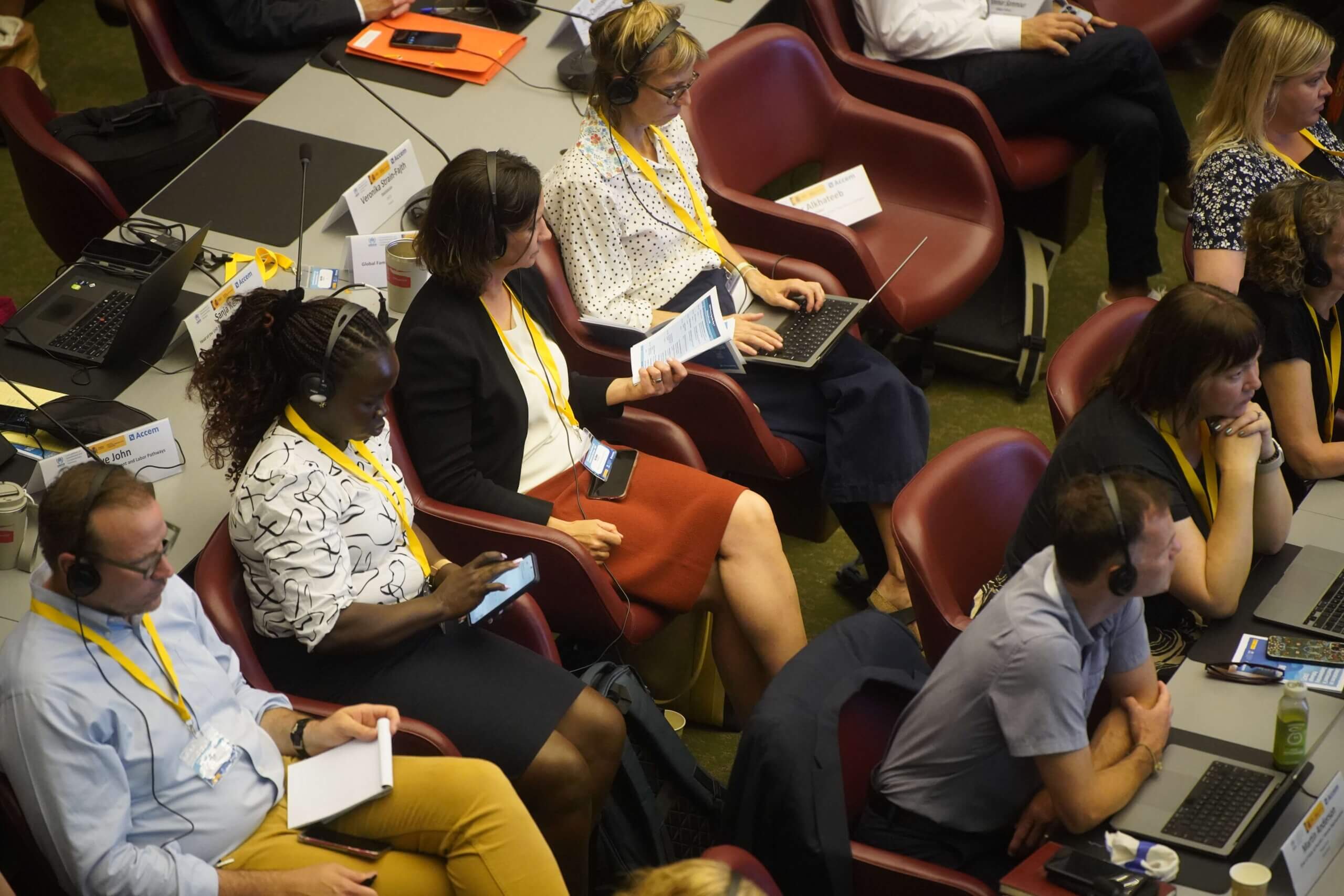
Last month, RefugePoint joined hundreds of our partner organizations a...

Immigration remains one of the most misunderstood and debated issues g...
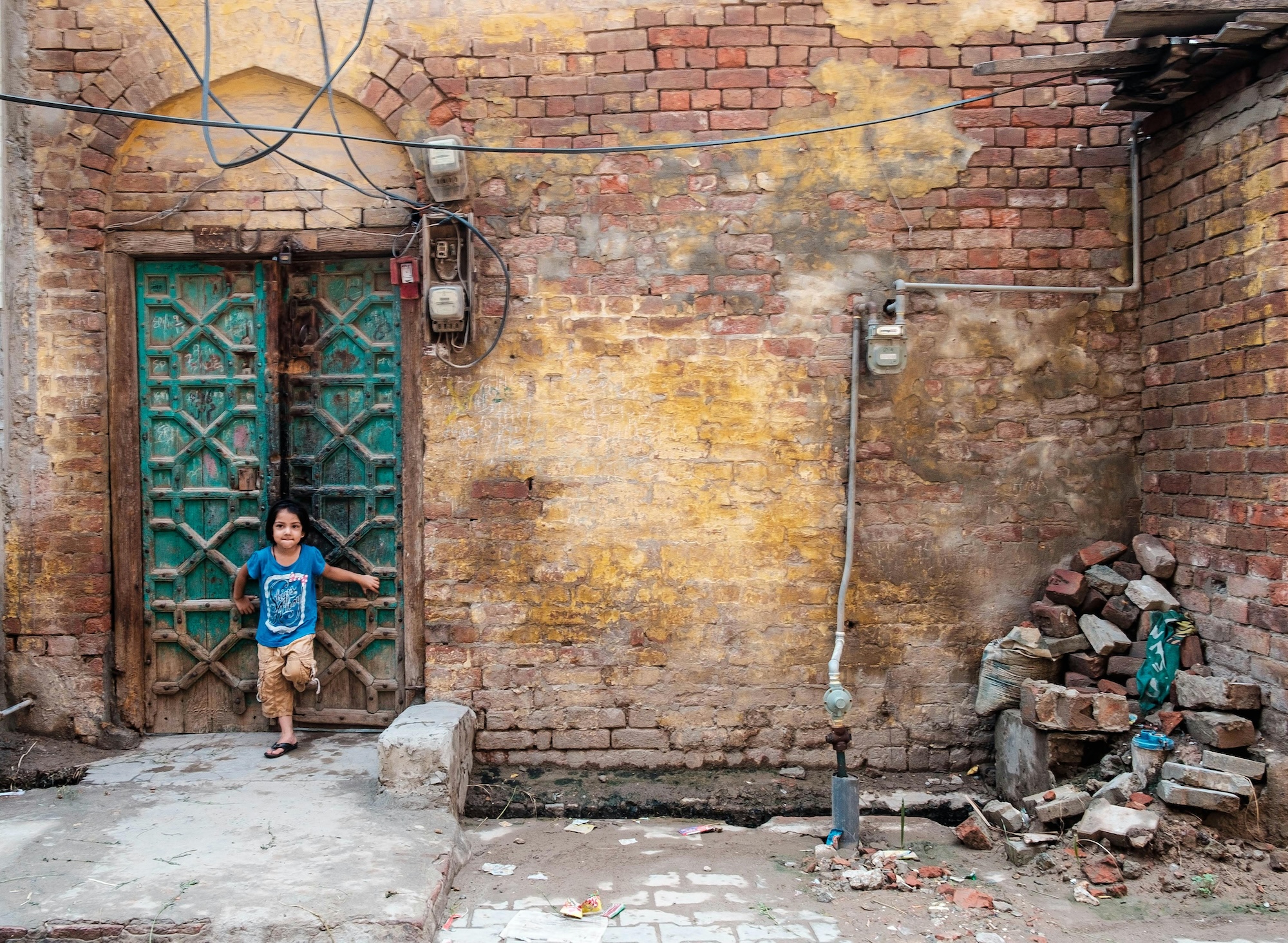
Pakistan hosts one of the world’s largest refugee populations. As of...
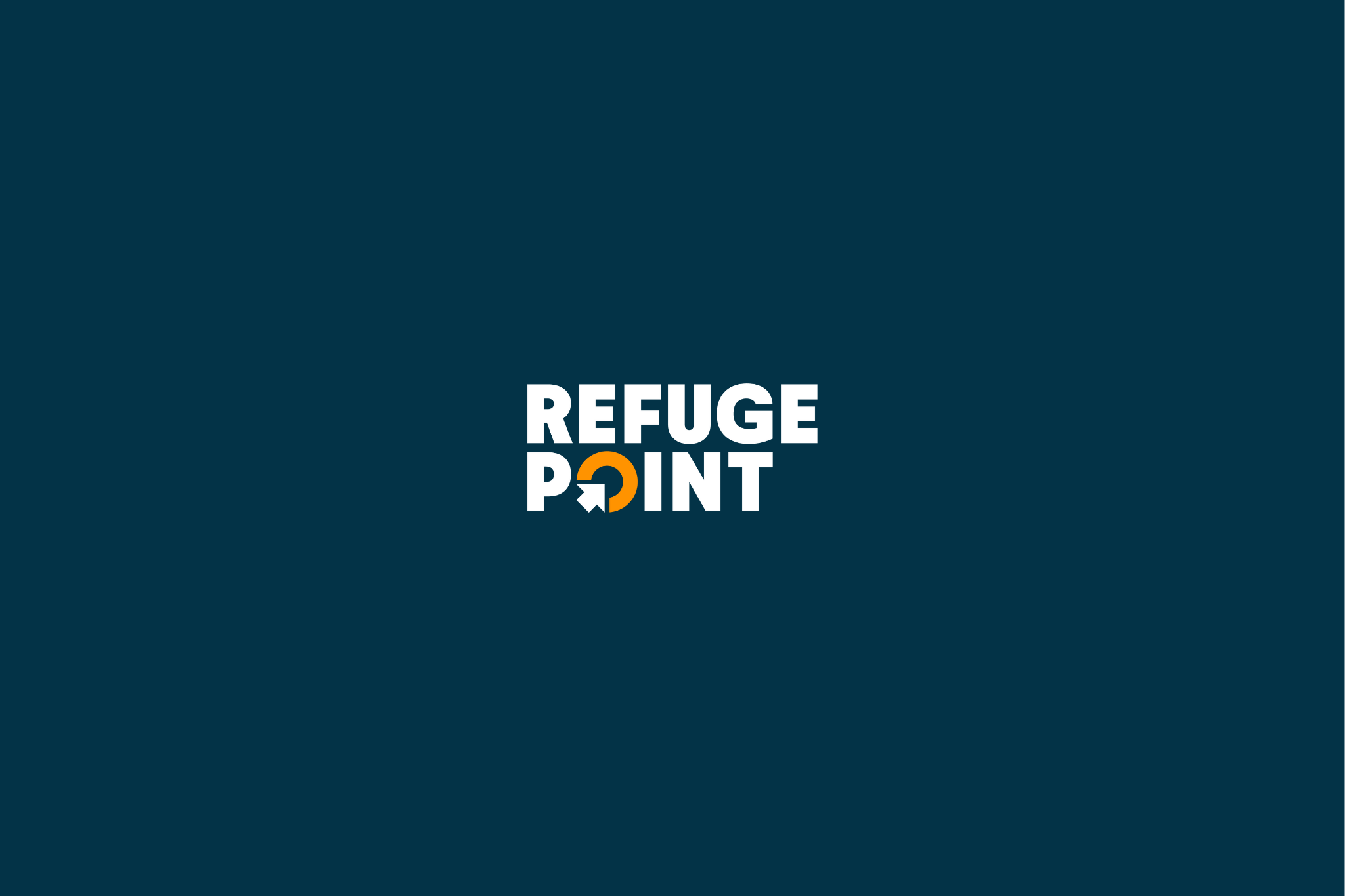
FOR IMMEDIATE RELEASE—On September 30, 2024, RefugePoint welcomed th...
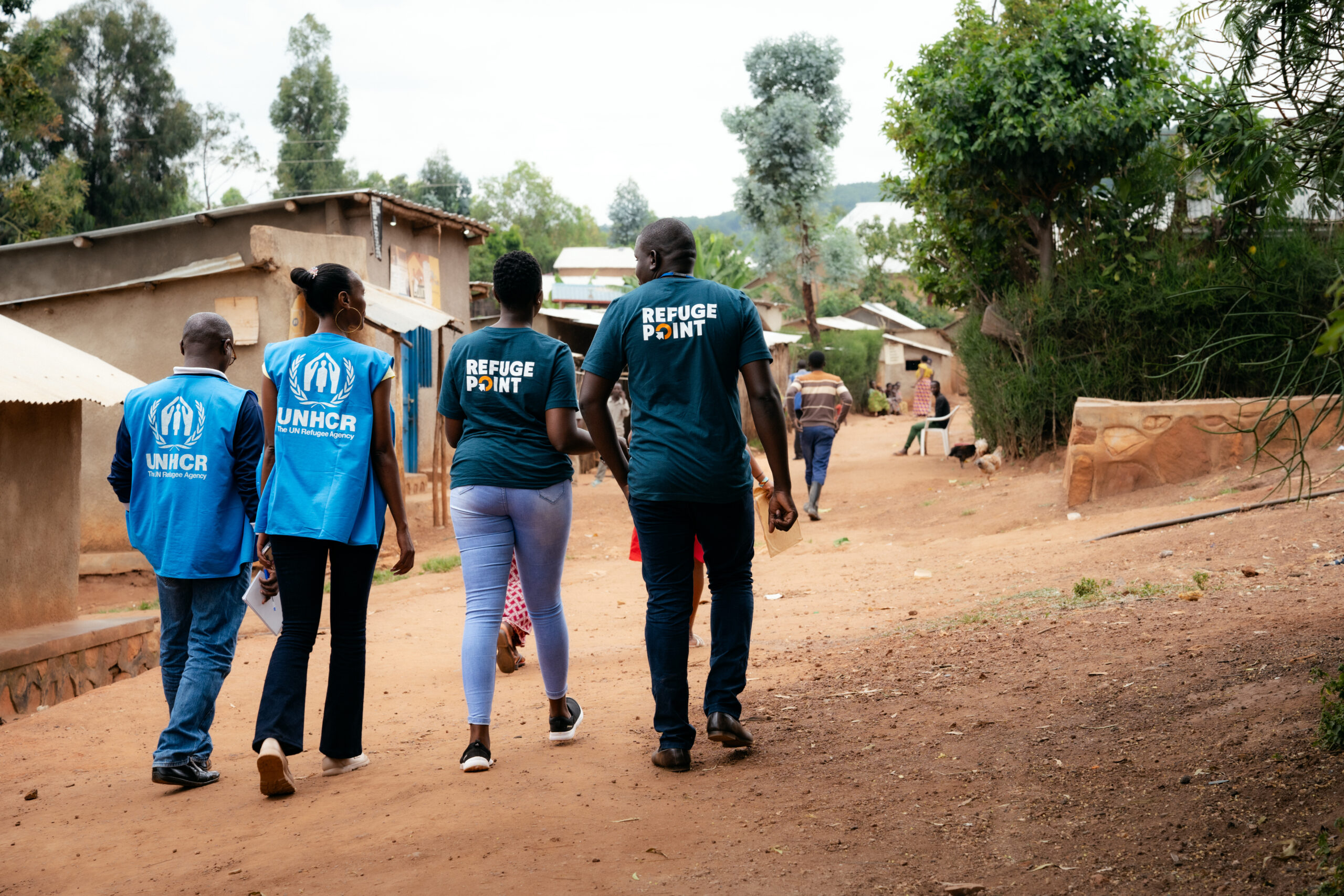
Click here to view the PDF. By Amy Slaughter, Former Chief Strategy...
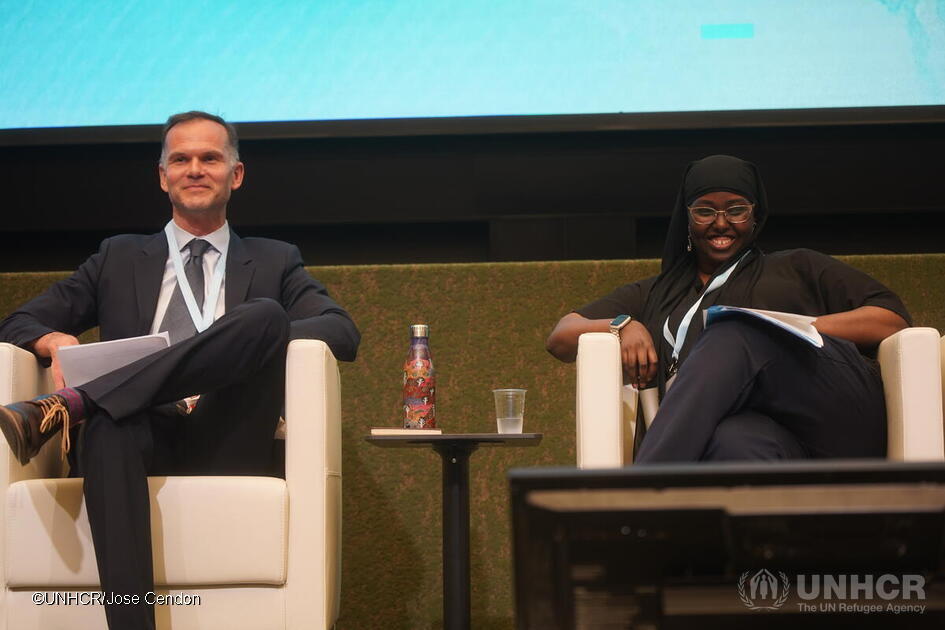
Today, more people have been forcibly displaced from their homes than ...
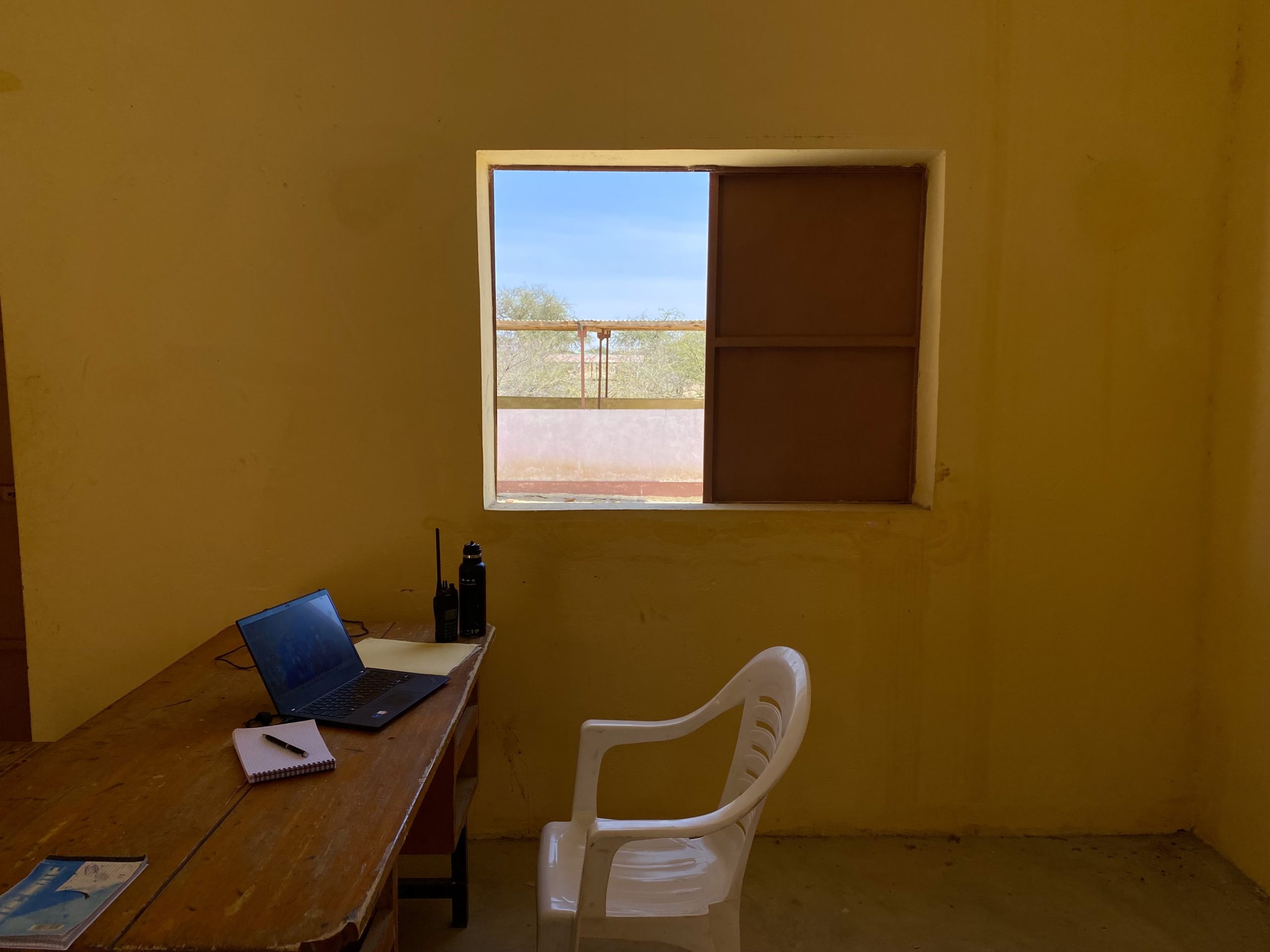
Only a small fraction of refugees are accepted for resettlement (just ...

Violent crises and ongoing persecution around the world have forced we...
Your gift will be used to deliver lasting solutions for refugees around the world, and help them rebuild their lives in safety.
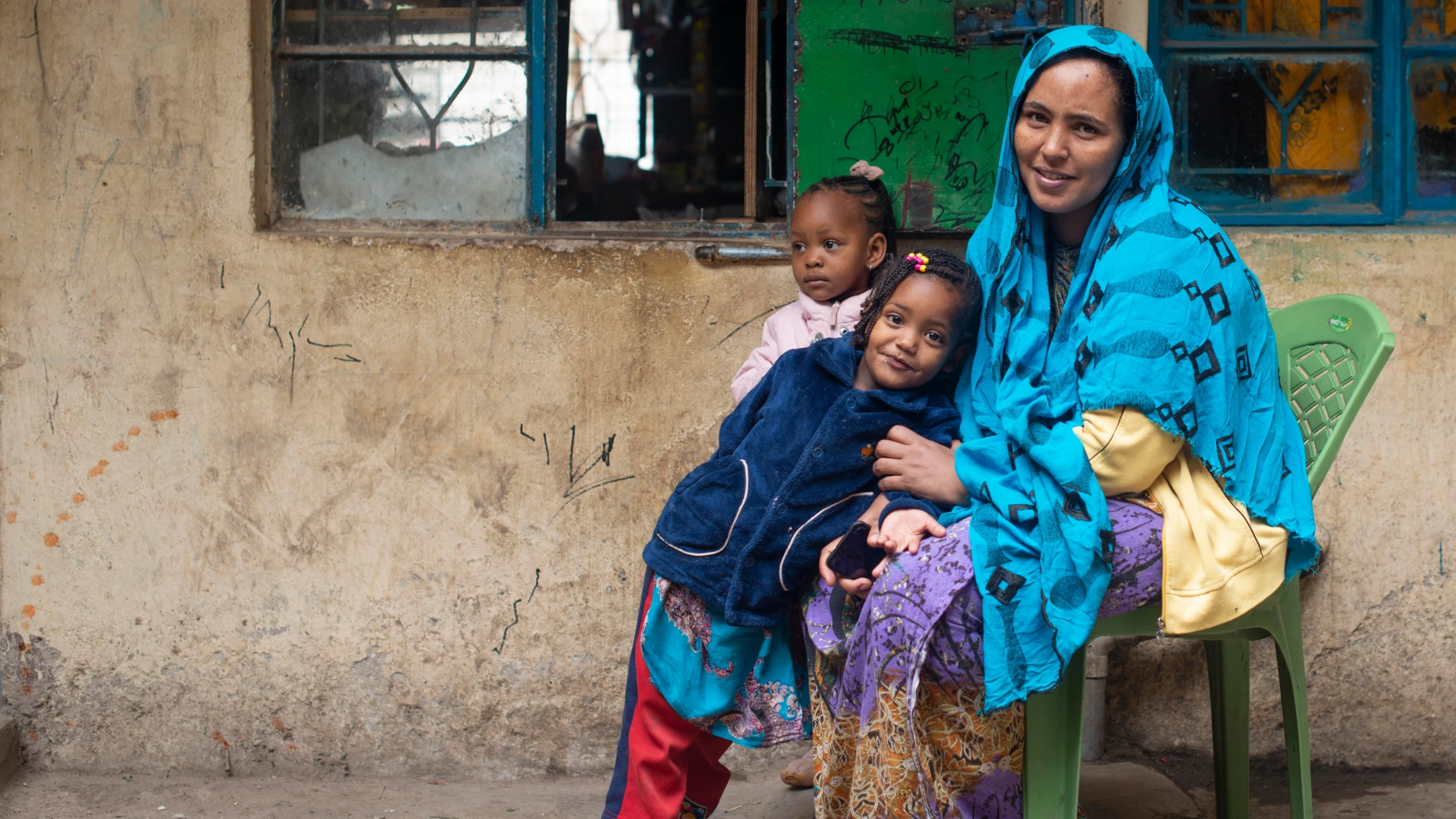
Stay in the know about our work with refugees: get RefugePoint news, refugee stories, events, and more delivered right to your inbox.
This site is protected by reCAPTCHA and the Google Privacy Policy and Terms of Service apply.
